The intense journey of the International Baccalaureate Diploma Programme ultimately leads to the decisive final exams. After two years filled with rigorous studying, internal assessments, and extended essays, everything comes down to these critical weeks. From my experience mentoring IB students over the years, I’ve witnessed how quickly things can go off track. The encouraging part is that many of these challenges can be prevented altogether.
1. Underestimating the Importance of Time Management
It’s not just about knowing the material; it's about deploying that knowledge effectively under time constraints. Students often dive into the first question they see, spending disproportionate time on it and leaving too little for later, potentially more challenging sections. Practicing past papers under timed conditions is crucial. It’s about building exam stamina – a skill as vital as understanding complex physics concepts or literary analysis.
.png)
2. Neglecting Command Terms
“Explain,” “evaluate,” “compare and contrast”—these aren’t just fancy academic vocabulary. They're instructions with specific meanings. Misinterpreting them is like missing a crucial step in a complex mathematical equation. A student who describes when asked to evaluate loses valuable marks, no matter how well they understand the content. Familiarize yourself with the command terms. Make them your allies, not your enemies.
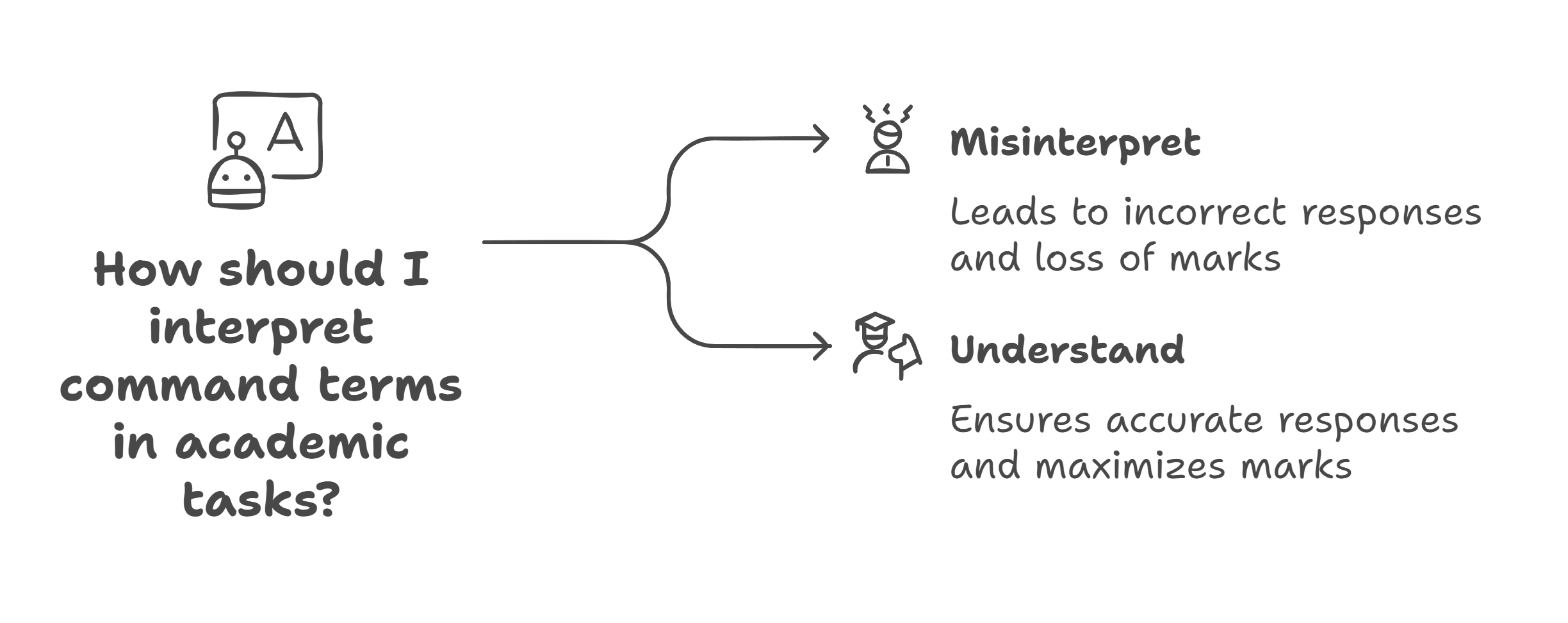
3. Cramming Ineffectively
Last-minute cramming can feel productive, but it's often a recipe for disaster. The IB requires deep understanding, not superficial memorization. Imagine trying to build a house on a foundation of sand – it just won't stand. Instead of desperately trying to cram everything in the night before, focus on reviewing key concepts and practicing application. Think quality over quantity. Your brain will thank you.
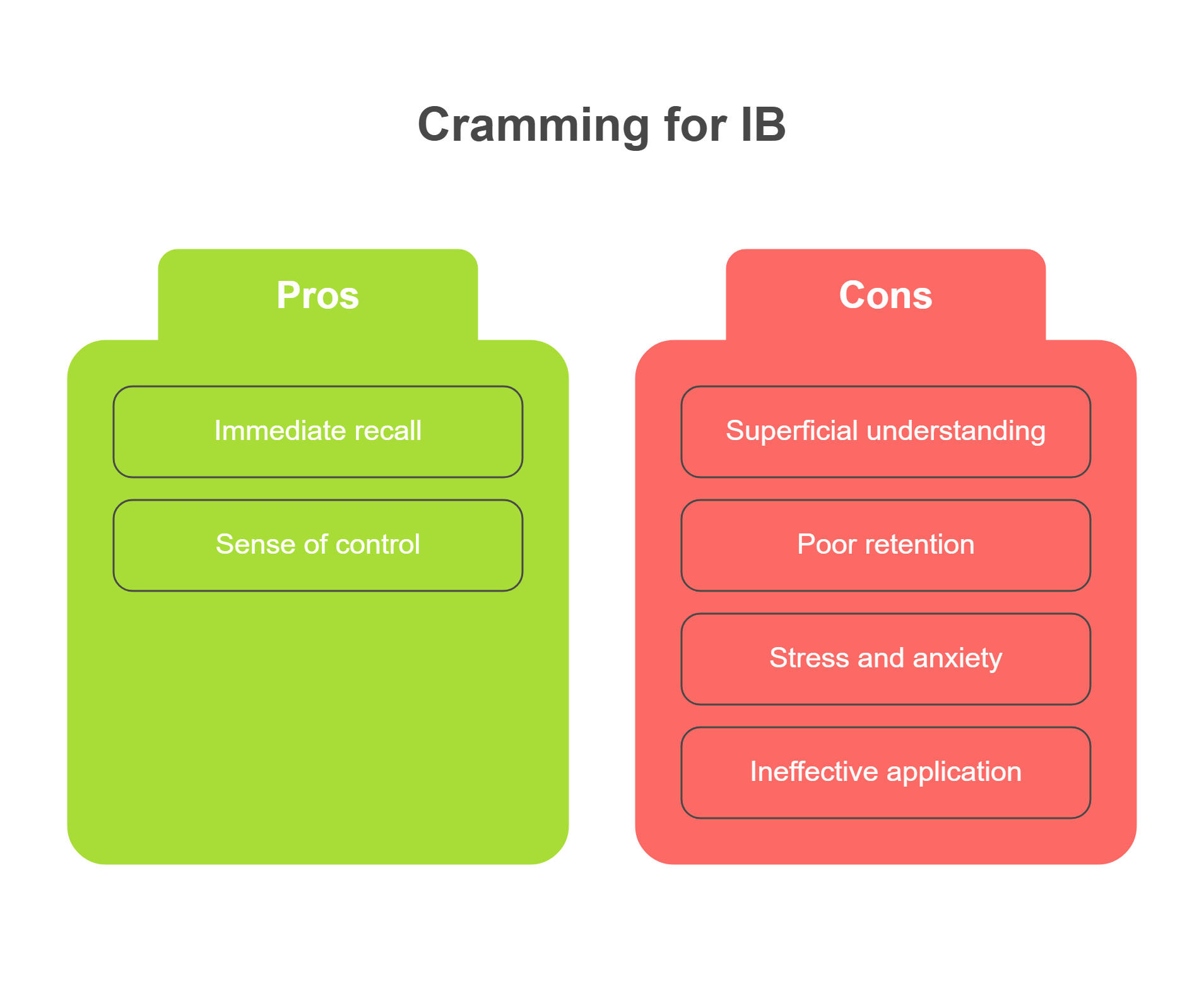
4. Ignoring Subject-Specific Strategies
Each subject demands its own approach. History requires nuanced argumentation supported by evidence. Mathematics demands precision and clear logical steps. Sciences require applying concepts to novel situations. A blanket approach to revision simply won’t cut it. Consult subject-specific guides, talk to your teachers, and tailor your revision plan accordingly. This granular approach is what separates high achievers from the rest.
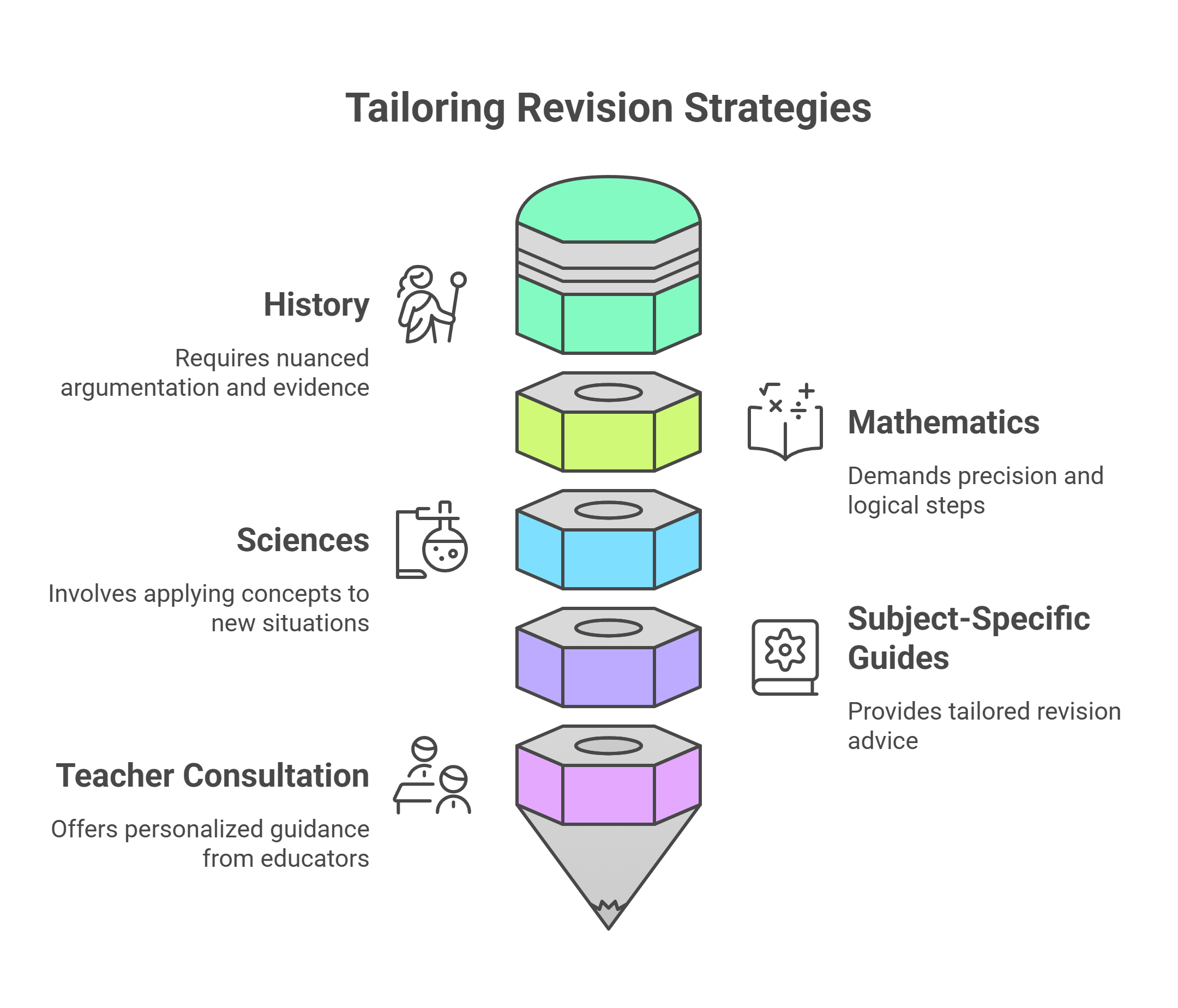
5. Not Utilizing Resources Effectively
The IB provides a plethora of resources: subject guides, past papers, teacher support. Many students fail to leverage these fully. They might skim the subject guide instead of dissecting it, or practice past papers without analyzing their mistakes. Treat these resources as your personal toolkit for exam success. They are your map to navigating the IB terrain.
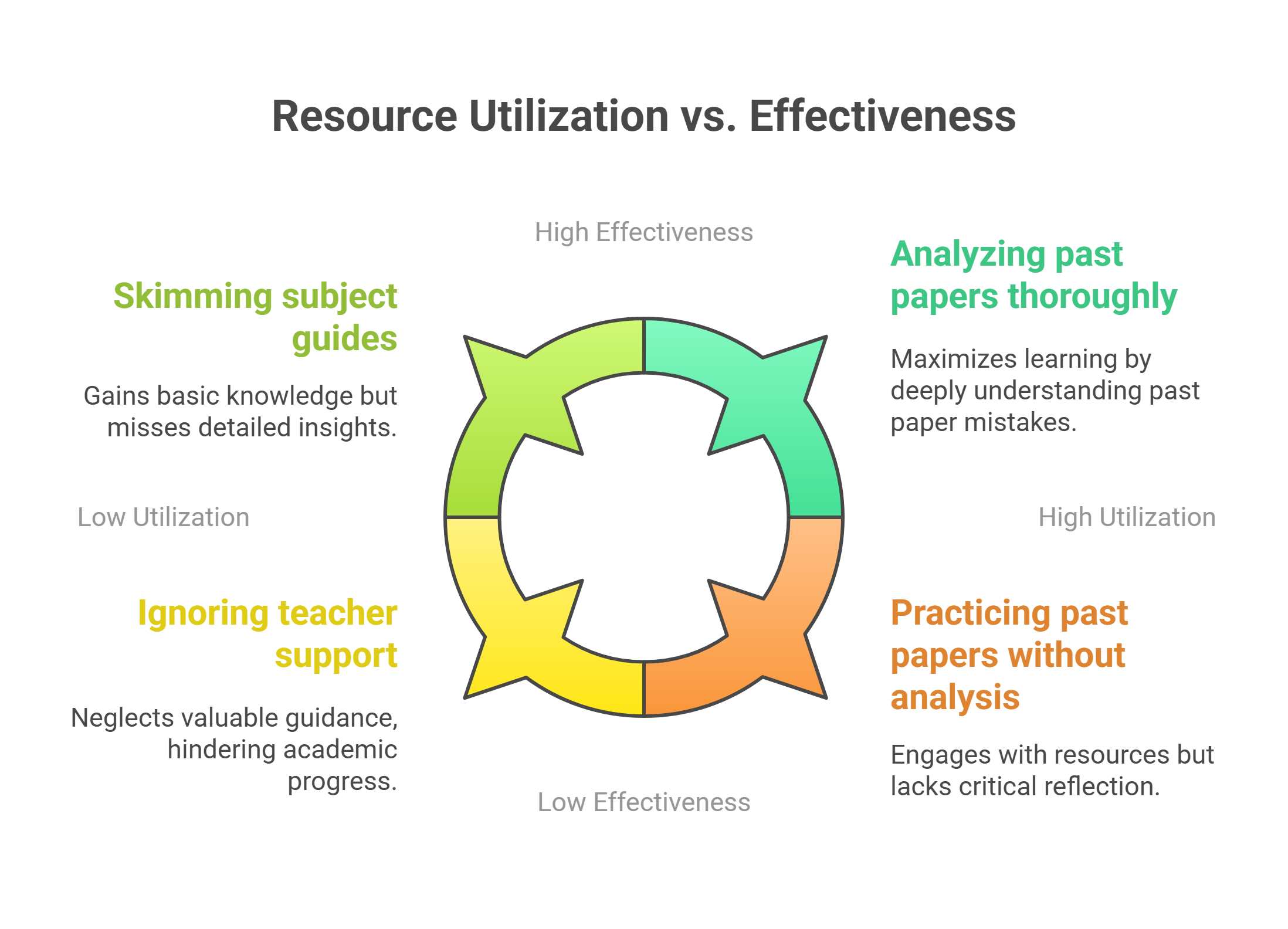
6. Panicking During the Exam
That knot in your stomach, the racing heartbeat, the sudden mind blank – exam stress is real. But succumbing to panic is a surefire way to sabotage your performance. Develop coping mechanisms: deep breathing, mindfulness exercises, or positive self-talk. Remember, you’ve put in the work. Trust yourself and your preparation. This exam is just a moment in time; it doesn't define you.
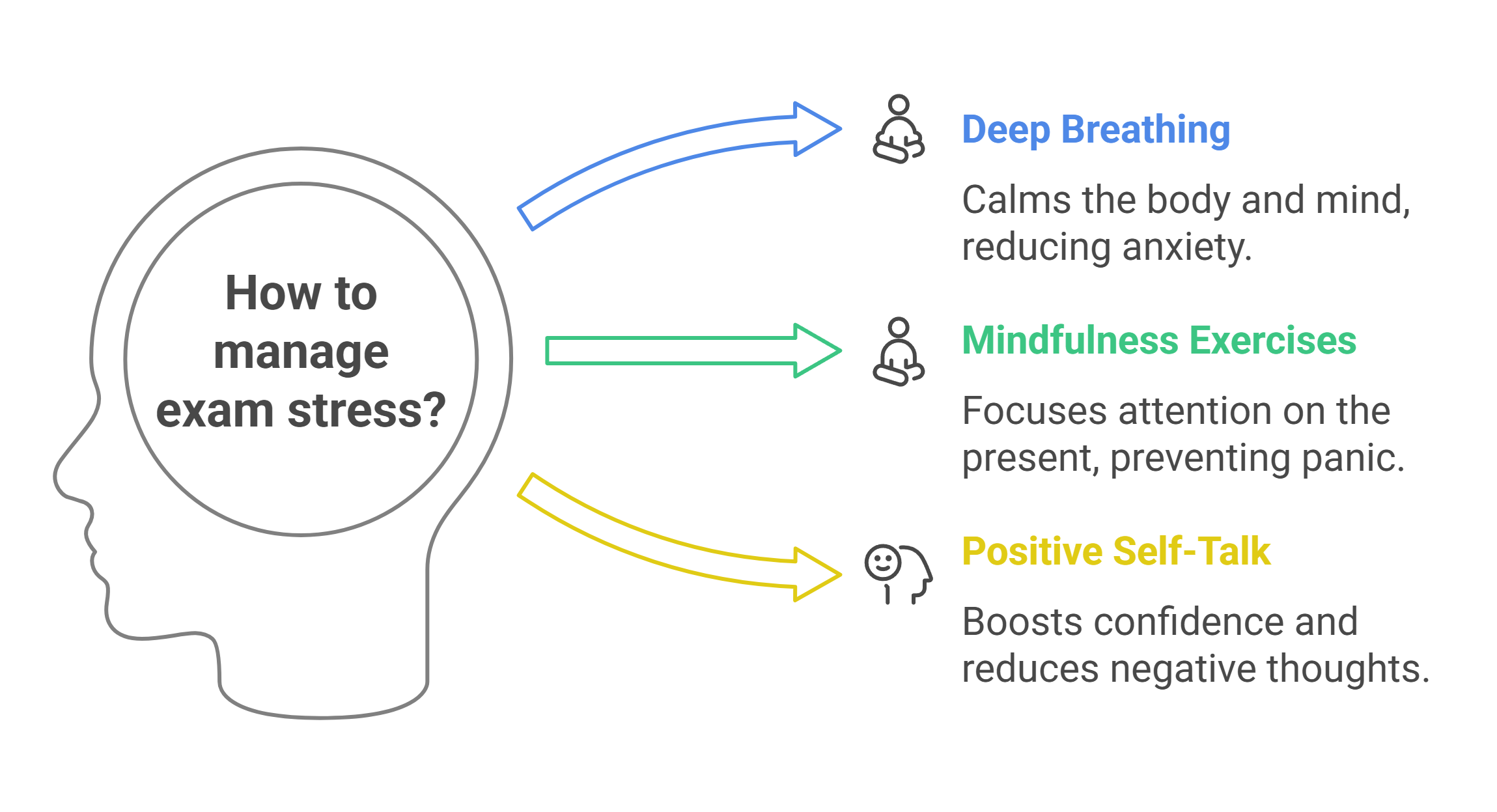
Avoiding these common pitfalls won't just improve your exam scores; it will equip you with valuable skills for university and beyond. The IB is about more than just grades; it’s about developing critical thinking, time management, and resilience. By learning from the mistakes of others, you can maximize your potential and navigate the IB journey with confidence and success.
















